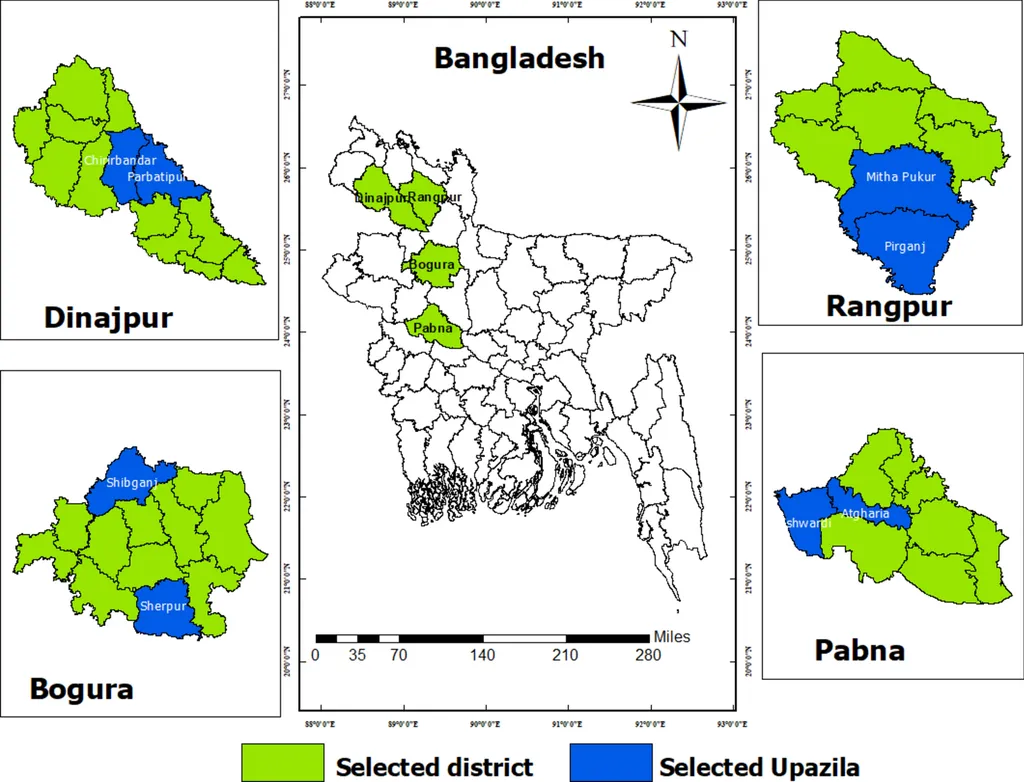In the wake of the COVID-19 pandemic, the agricultural sector has faced unprecedented challenges, with rural livelihoods bearing the brunt of the crisis. A recent study published in *Frontiers in Sustainable Food Systems* (translated as *Frontiers in Sustainable Food Systems*) sheds light on the long-lasting impacts of the pandemic on rural communities and agricultural development. Led by Chuanxi Wang from the College of Economics and Management at China Agricultural University, the research offers a nuanced understanding of how the pandemic has reshaped rural livelihoods and what strategies households have employed to adapt.
The study highlights that the COVID-19 pandemic has increased the uncertainty of the entire agricultural system, directly affecting rural livelihoods. “By changing the external environmental context and internal livelihood bases, the COVID-19 shock disturbed livelihood practices and therefore influenced rural livelihoods,” explains Wang. This disruption has not only revealed the general pattern of maintaining livelihoods in the face of shocks but also helped to understand the changes brought by COVID-19 to the agricultural system from the perspective of rural households.
One of the key findings of the research is that the pandemic elicited a response from rural residents, who employed both positive transformation strategies and conservative maintenance strategies. These responses have shaped the content of households’ production and lifestyles post-impact, remodeling the original livelihood basis. “Households responded with both positive transformation strategies and conservative maintenance strategies,” notes Wang. This adaptive behavior is crucial for improving the resilience of the agricultural system and realizing sustainable development in the post-pandemic era.
The study also emphasizes the need for future research to focus on the long-term impacts of COVID-19 shocks on rural livelihoods, further changes in rural households’ livelihood strategies, and the behavioral logic behind these strategies during the post-epidemic recovery period. This ongoing research is essential for understanding the evolving dynamics of rural livelihoods and for developing strategies to enhance the resilience of the agricultural system.
For the energy sector, the insights from this research are particularly relevant. As rural livelihoods are closely tied to agricultural practices, the disruption caused by the pandemic has implications for energy consumption and production in rural areas. Understanding these impacts can help energy companies tailor their services and products to meet the changing needs of rural communities, ensuring a more sustainable and resilient energy supply.
In conclusion, the research led by Chuanxi Wang provides a comprehensive analysis of the impacts of COVID-19 on rural livelihoods and the adaptive strategies employed by rural households. Published in *Frontiers in Sustainable Food Systems*, this study offers valuable insights for policymakers, agricultural practitioners, and energy sector professionals, highlighting the importance of resilience and adaptability in the face of global crises. As the world continues to navigate the post-pandemic landscape, the findings of this research will be instrumental in shaping future developments in the field of agricultural sustainability and rural development.

